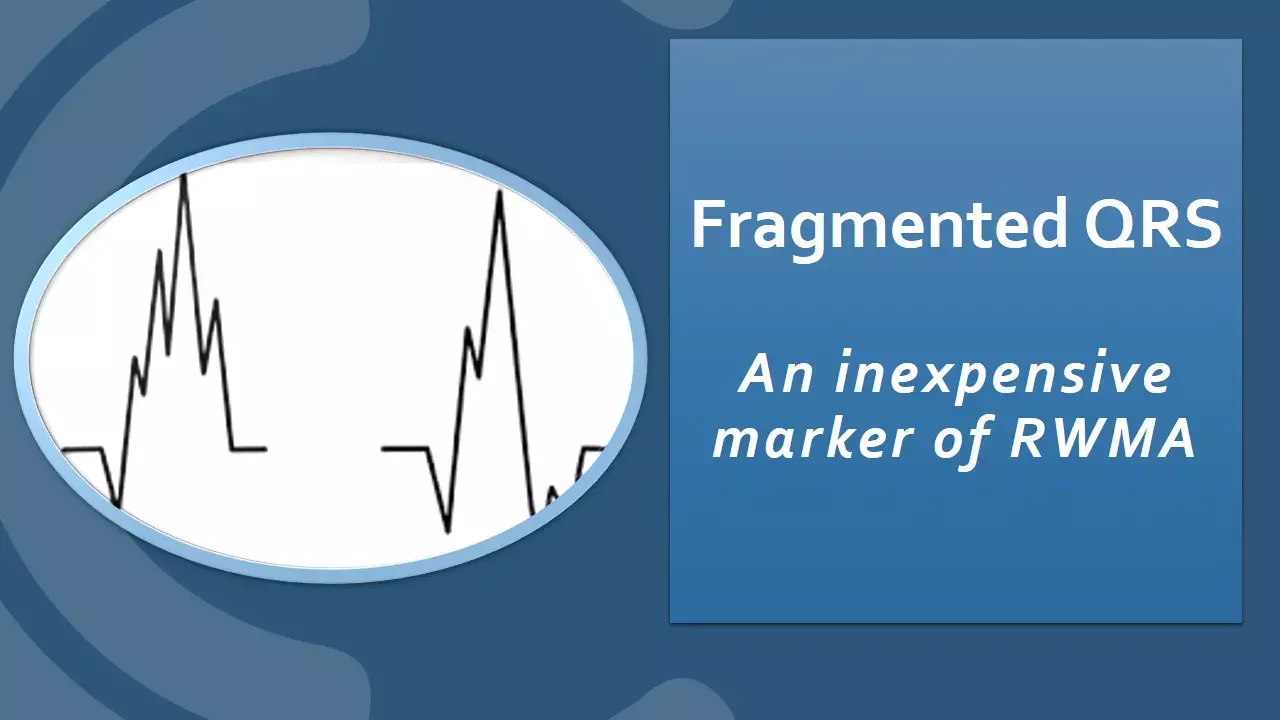- Home
- Medical news & Guidelines
- Anesthesiology
- Cardiology and CTVS
- Critical Care
- Dentistry
- Dermatology
- Diabetes and Endocrinology
- ENT
- Gastroenterology
- Medicine
- Nephrology
- Neurology
- Obstretics-Gynaecology
- Oncology
- Ophthalmology
- Orthopaedics
- Pediatrics-Neonatology
- Psychiatry
- Pulmonology
- Radiology
- Surgery
- Urology
- Laboratory Medicine
- Diet
- Nursing
- Paramedical
- Physiotherapy
- Health news
- Fact Check
- Bone Health Fact Check
- Brain Health Fact Check
- Cancer Related Fact Check
- Child Care Fact Check
- Dental and oral health fact check
- Diabetes and metabolic health fact check
- Diet and Nutrition Fact Check
- Eye and ENT Care Fact Check
- Fitness fact check
- Gut health fact check
- Heart health fact check
- Kidney health fact check
- Medical education fact check
- Men's health fact check
- Respiratory fact check
- Skin and hair care fact check
- Vaccine and Immunization fact check
- Women's health fact check
- AYUSH
- State News
- Andaman and Nicobar Islands
- Andhra Pradesh
- Arunachal Pradesh
- Assam
- Bihar
- Chandigarh
- Chattisgarh
- Dadra and Nagar Haveli
- Daman and Diu
- Delhi
- Goa
- Gujarat
- Haryana
- Himachal Pradesh
- Jammu & Kashmir
- Jharkhand
- Karnataka
- Kerala
- Ladakh
- Lakshadweep
- Madhya Pradesh
- Maharashtra
- Manipur
- Meghalaya
- Mizoram
- Nagaland
- Odisha
- Puducherry
- Punjab
- Rajasthan
- Sikkim
- Tamil Nadu
- Telangana
- Tripura
- Uttar Pradesh
- Uttrakhand
- West Bengal
- Medical Education
- Industry
QRS fragmentation can predict regional motion abnormality on imaging, finds study.

In recent years the search for new predictors of poor prognosis in CAD has revealed the presence of fragmented QRS (fQRS). Continuing this exciting arena of research, Torales et al have now shown that the presence of fQRS in the ECG has high specificity and a high positive predictive value of the existence of segmental myocardial motility disorders in patients with documented coronary artery disease (CAD). Their findings from a retrospective cross-sectional study were recently published in Indian Heart Journal.
The predictors of poor prognosis in CAD are decreased left ventricular function, ventricular remodeling, and the development of potentially malignant arrhythmias. The fQRS, evaluated on the 12-lead electrocardiogram (ECG), represents a delay in ventricular conduction caused by the presence of a myocardial scar. Even without being specific to CAD, it has been associated to an increased risk of mortality and arrhythmic events as an addition to the already known ejection fraction (EF).
fQRS is defined by the finding of additional notching within the QRS complex morphology in two contiguous leads corresponding to a major coronary artery territory, resulting in various RSR' patterns on the resting 12-lead ECG.
It is a simple marker of non-invasive electrocardiographic depolarization used to identify individuals at high risk of ventricular arrhythmias and sudden cardiac death in various clinical settings, including CAD.
In this cross-sectional study a total of 123 patients admitted with ischemic heart disease were enrolled and 81 out of 123 who had documentation of CAD by coronary angiography were taken up for further analysis. The aim was to correlate the presence of fQRS in a conventional 12-leads electrocardiogram (ECG) with myocardial regional motility disorders.
1. fQRS was observed in 44% patients.
2. The most frequent location being the inferior wall (61%), followed by the anteroseptal and lateral walls (14% for both).
3. Of the 36 patients with fQRS, 30 had segmental disorders, while 6 did not.
4. Of the 45 patients without fQRS, 28 had segmental disorders, but 17 did not.
5. fQRS thus had a sensitivity of 52% and specificity of 74% , with a positive predictive value of 83%, a negative predictive value of 38% and a prevalence of 72%.
The study thus shows that the presence of QRS complex fragmentation in the electrocardiogram has a high specificity and a high positive predictive value of the existence of segmental disorders of myocardial contractility in patients with coronary artery disease.
"This has inherent clinical implication since with a simple electrocardiogram that is an efficient, fast, cheap and highly available diagnostic auxiliary method; we may assume that a patient may also have segmental parietal motility abnormalities of the ventricular myocardium:, noted the authors.
Fragmented QRS is a novel ECG parameter that can be assessed from an inexpensive, easily obtainable, and fast conventional procedure; a standard 12-lead ECG. Fragmented QRS complexes may represent conduction abnormalities or peri-infarction block related to myocardial scar or necrosis.
Therefore, fQRS is not only indicative of myocardial scar, but may also represent ischemic myocardium evocative of severe CAD. This fact is clinically relevant since it may enable fQRS to be used to detect patients with potentially salvageable myocardium who need to undergo revascularization.
Source: Indian Heart Journal: https://doi.org/10.1016/j.ihj.2021.03.010
MBBS, MD , DM Cardiology
Dr Abhimanyu Uppal completed his M. B. B. S and M. D. in internal medicine from the SMS Medical College in Jaipur. He got selected for D. M. Cardiology course in the prestigious G. B. Pant Institute, New Delhi in 2017. After completing his D. M. Degree he continues to work as Post DM senior resident in G. B. pant hospital. He is actively involved in various research activities of the department and has assisted and performed a multitude of cardiac procedures under the guidance of esteemed faculty of this Institute. He can be contacted at editorial@medicaldialogues.in.
Dr Kamal Kant Kohli-MBBS, DTCD- a chest specialist with more than 30 years of practice and a flair for writing clinical articles, Dr Kamal Kant Kohli joined Medical Dialogues as a Chief Editor of Medical News. Besides writing articles, as an editor, he proofreads and verifies all the medical content published on Medical Dialogues including those coming from journals, studies,medical conferences,guidelines etc. Email: drkohli@medicaldialogues.in. Contact no. 011-43720751


